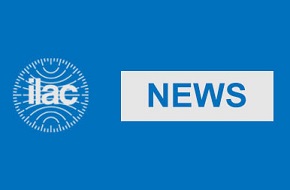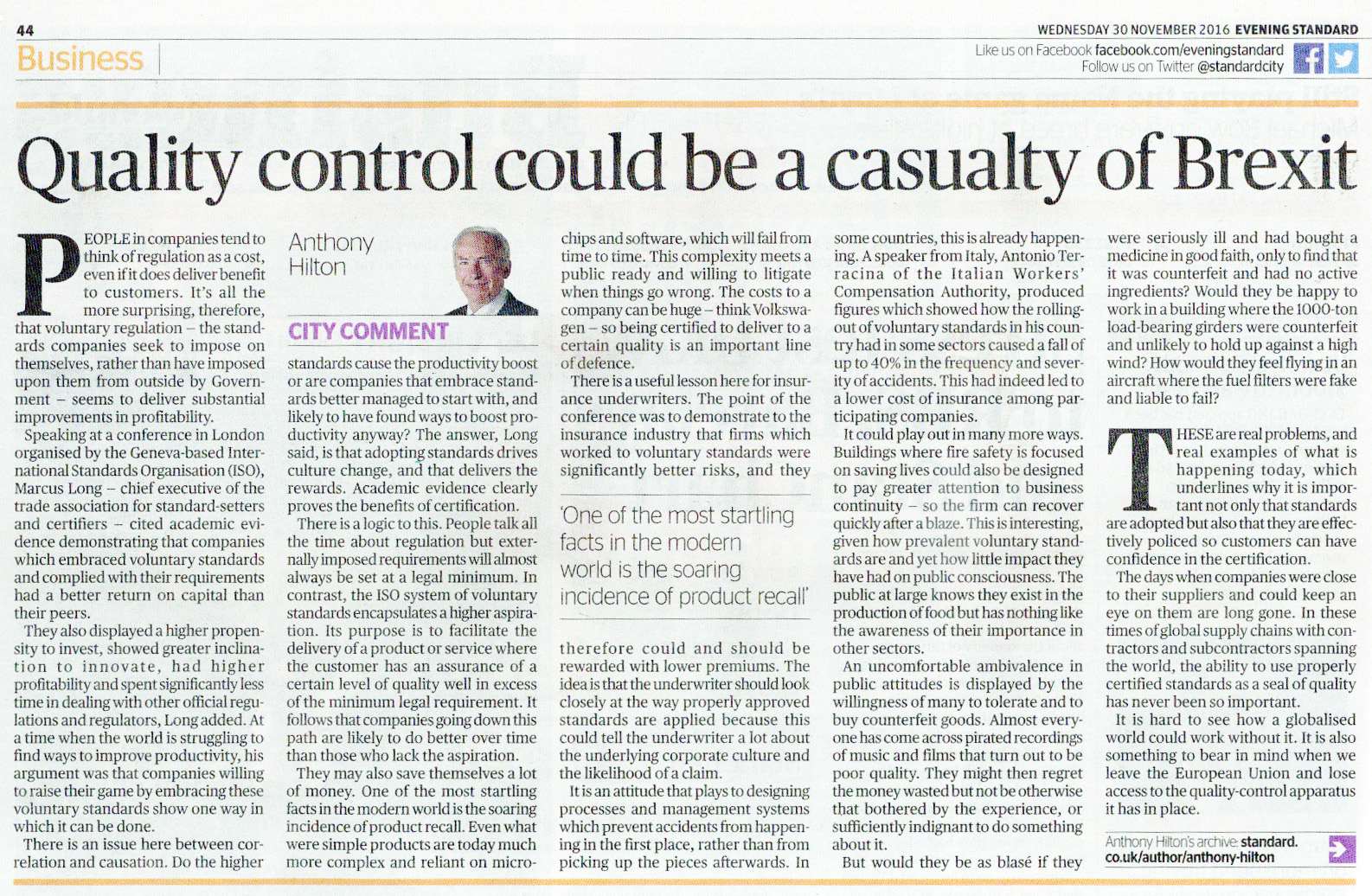
The CPSC issued a direct final rule – Revisions to the Safety Standard for Toddler Beds, on 22 February 2017. The rule at 16 CFR Part 1217 incorporates by reference, ASTM F1821-16, Standard Consumer Safety Performance Specification for Toddler Beds.
This rule will become effective from 6 June 2017, and will apply to all toddler beds manufactured on or after that date. More information regarding the final rule is available from here.
Please note it is not required that testing laboratories that were previously CPSC-accepted for 16 CFR Part 1217 to submit a new application with the Commission. Third-party testing laboratories that were not previously CPSC-accepted for this regulation should submit an application to “request an addition to scope” through the CPSC online application here. To be considered for CPSC-acceptance, the scope of accreditation must include a specific reference to “16 CFR Part 1217”.

Only 7 July 2010, the United States Environmental Protective Agency (USEPA) signed the Formaldehyde Standards for Composite Wood Products Act – Title VI to the Toxic Substances Control Act (TSCA), which has gone into effect since 22 May 2017. The law establishes limits for formaldehyde emissions from composite wood products: hardwood plywood, medium-density fiberboard and particleboard.
It is designed to reduce exposures to formaldehyde, avoid harmful health effects and mirror standards previously established by the California Air Resources Board (CARB) for products sold, offered for sale, supplied, used or manufactured for sales in California.
Accreditation bodies (ABs) interested in participating in the EPA program must apply to EPA. For further information on the rule, including how ABs and third-party certifiers (TPCs) can participate in the TSCA Title VI Third-Party Certification program, please click here.
Edit: on 2 September 2017, the EPA announced that they will publish a final rule in the Federal Register to extend the compliance dates under the Formaldehyde Emission Standards for the Composite Wood products rule. The final rule extends:
Note: Members are advised that the USEPA has determined that ABs which are not domestic entities, must provide the name and address of an Agent for Service located in the United States when applying for recognition by the EPA under this rule. An Agent for Service is an entity designated by an AB to receive legal documents on their behalf. Information on the US government regulation website indicates this service is available at a relatively low cost from private firms that specialise in this role. We also understand that import brokers may offer this service. In addition, ABs that are part of a foreign government or act on behalf of a foreign government may designate their US embassy or US consulate as their agent for service. ILAC and IAF have also received advice that the former ILAC Chair, Mr Peter Unger, is involved in a partnership known as IQEIS, that also provides this service and is able to act on behalf of multiple ABs.

The Scientific Committee of Eurachem is hosting a workshop on Proficiency Testing in Analytical Chemistry, Microbiology and Laboratory Medicine in Portoroz, Slovenia, from the 9th – 12th October 2017.
The main topics to be covered in this workshop includes:
For more information or to register your interest, click here.

The JCTLM Working Group for Traceability, Education and Promotion (TEP WG) has launched a new website on traceability in laboratory medicine (TLM). This can be accessed at www.jctlm.org.
This website is targeted at non-specialists and it aims to provide educational resources to help the understanding of and importance of TLM. Therefore, it is complementary to the JCTLM database and to the existing BIPM/JCTLM website.

New Safety Standard for Sling Carriers
The CPSC issued a final rule on the 30th January 2017 for the Safety Standard for Sling Carriers. The rule at 16 CFR part 1228 incorporates ASTM F2907-15, Standard Consumer Safety Specification for Sling Carriers.
This rule will become effective from the 30th January 2018, and will apply to all sling carriers manufactured on or after that date. More information regarding the safety standard is available here.
Third party testing laboratories that wish to be CPSC-accepted for the new regulation should submit an application to “request an addition to scope” through the CPSC online application here. To be considered for CPSC-acceptance, the scope of accreditation must include a specific reference to “16 CFR Part 1228”.
New Safety Standard for Toys
The CPSC has also issued a final rule on the 2nd of February 2017 to establish ASTM F963-16 as the mandatory Standard Consumer Safety Specification for Toy Safety. The rule is at 16 CFR part 1250 and incorporates reference ASTM F963-16.
Testing to Support Certification
The CPSC will accept testing to support product certifications for sections in ASTM F963-16 if the laboratory is already CPSC-accepted to those same sections in ASTM F963-11. Testing laboratories that conduct testing to support product certifications to ASTM F963-16 must show in their test reports “ASTM F963-16” and the specific section numbers in the standard to which the product was evaluated.
CPSC Acceptance of Testing Laboratories for ASTM F963-16
Testing laboratories that are currently CPSC-accepted to ASTM F963-11 are instructed to work with their accreditation bodies to update their accreditation scope to include ASTM F963-16 sections as soon as possible and submit their application for CPSC acceptance.
To be considered for CPSC acceptance, the accreditation scope must include specific references to “ASTM F963-16” and specific references to the individual Section 4 subsections of ASTM F963-16 for which you seek recognition.
Laboratories that wish to be CPSC-accepted for sections in ASTM F963-16 should submit an application to “request an addition to scope” through the CPSC online application here.

Accreditation Education Research & Scientific Services Center Pvt. Ltd. (AERSSC), is now an Associate member of ILAC.
AERSSC originally joined ILAC as an Affiliate Member in 2012 and we are now pleased to welcome AERSSC as an Associate member of ILAC.

ISO/CASCO has published a new brochure describing how “ISO Technical Committees (ISO/TCs) are often required to choose between developing requirements for a management system for an organisation’s activities, or developing requirements for the competence of an organisation to carry out its activities”.
Not only does this document assist ISO/TCs in understanding the difference between the two standards, but it is also helpful for organisations in the process of deciding whether to implement a management system or a competency based system. In addition, the brochure indicates the benefits and values of meeting either set of requirements.
The ISO/CASCO document – Frequency Asked Questions: Competency or Management System Based Standards?” is available here.

The African Union Conference of Ministers of Trade held in Addis Ababa, Ethiopia, from the 1st – 5th December 2014, called upon the Pan African Quality Institutions (PAQI) to adopt the year 2017 as the African Year of Quality Infrastructure. The decision was made in recognition of the efforts that Africa has made towards improving its quality infrastructure and to cultivate a culture of collective responsibility in building a sound quality infrastructure amongst African countries.

More information regarding the African Year of Quality Infrastructure is available here.


ILAC supported the International Organisation for Standardization (ISO) and its Committee on Conformity Assessment (CASCO), to organised and host a seminar to explore the role and benefits of standards and accreditation in managing risk for the insurance industry. The workshop brought together experts from conformity assessment and the insurance industry, standards developers and business representatives to discuss ideas such as extreme events and business continuity planning; reducing exposure to product liability claims; the challenges of globalized supply chains, and how technology will affect the sector.
The session, which was moderated by Anthony Hilton, Evening Standard Finance Correspondent, included speakers from INAIL, Zurich, Mitsubishi Corporation, Liberty Global, Pyrology Limited and WADA. Matt Baker, Howden Insurance Brokers, also provided an overview of the scheme that they have developed for UKAS accredited organisations, and how they use accreditation against ISO standards to evaluate risk. Michael Mainelli, UKAS non-executive, also delivered a presentation that brought out the key points from research carried out by the Z/Yen Group ‘Opportunities for Standards in Insurance’ which showed that the adoption of voluntary standards and accreditation would be particularly suitable around product development, product information and processes in insurance.
Many of the speakers from the sector cited the benefits that they receive having adopted international standards covered by accreditation. Mr Ono Takahiro, from the Mitsubishi Corporation Insurance, stated that the Development Bank of Japan (DBJ) provide more attractive loan rate and discounted insurance premiums to commercial businesses that have accredited certification of their business continuity management system to ISO 22301 / 22313. This has helped the bank to manage its risk exposure as it has encouraged firms to build resilience and to be in better control of their risks. Matt Baker, Howden Insurance Brokers, shared their experience of setting up a scheme for UKAS-accredited organisations, where there are robust standards in pace, there is a clear process of demonstrating compliance to those standards, and there are consequences of non-compliance. This has allowed them to work with an engaged insurer to offer discounts on premium and better policy coverage. Analysis of the claims record demonstrates that standards and accreditation reduce the number of claims and therefore reduce insurer losses.
Antonio Terracina, Director of the Italian Workers’ Compensation Authority, the National Governmental Institute for Insurance against Accidents at Work (INAIL), reported how OHSAS 18001 had improved health and safety in the work place. INAIL provides significant discounts in premium to organisations that have accredited certification to OHSAS 18001, which has seen the number of certified organisations rise to 4,500. However, the number of accidents in the workplace has fallen significantly by 27% across the economy. Some sectors have seen significant reductions namely Construction (33%), Rock and Glass (43%) and Textiles (64%).
A short video summary of the workshop can be seen on the ISO Facebook Live page.
The presentations can also be viewed here.
ISO and the accreditation community will continue to work together with the insurance sector to ensure that these benefits have a wider reach, and to ensure that the standards development process can better support how insurers manage risk.